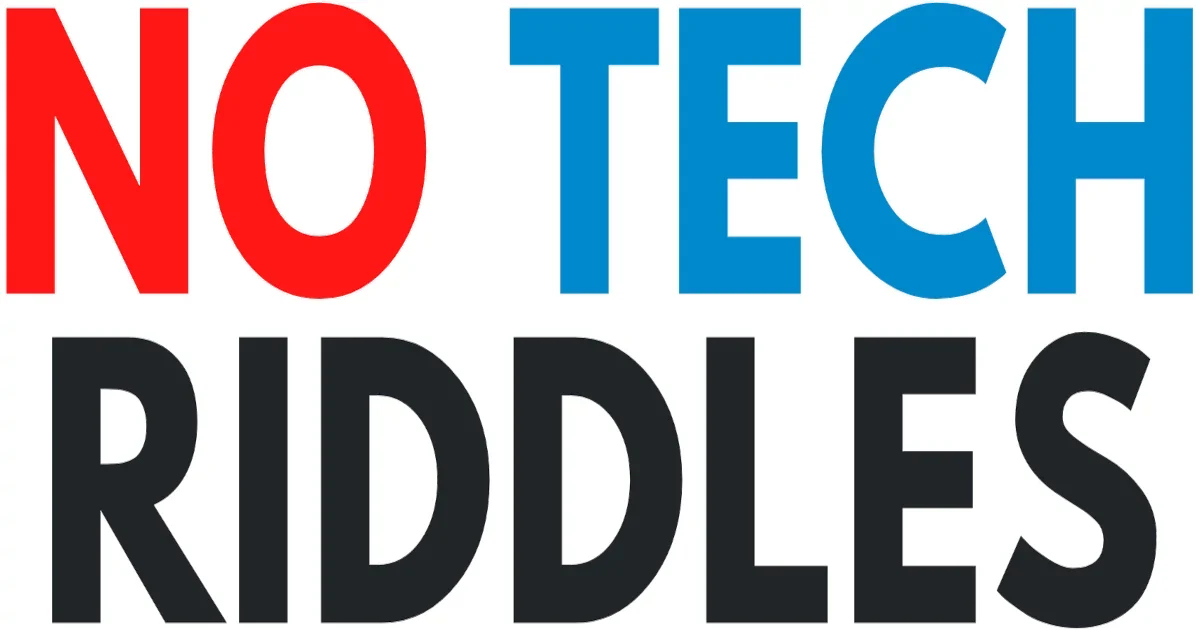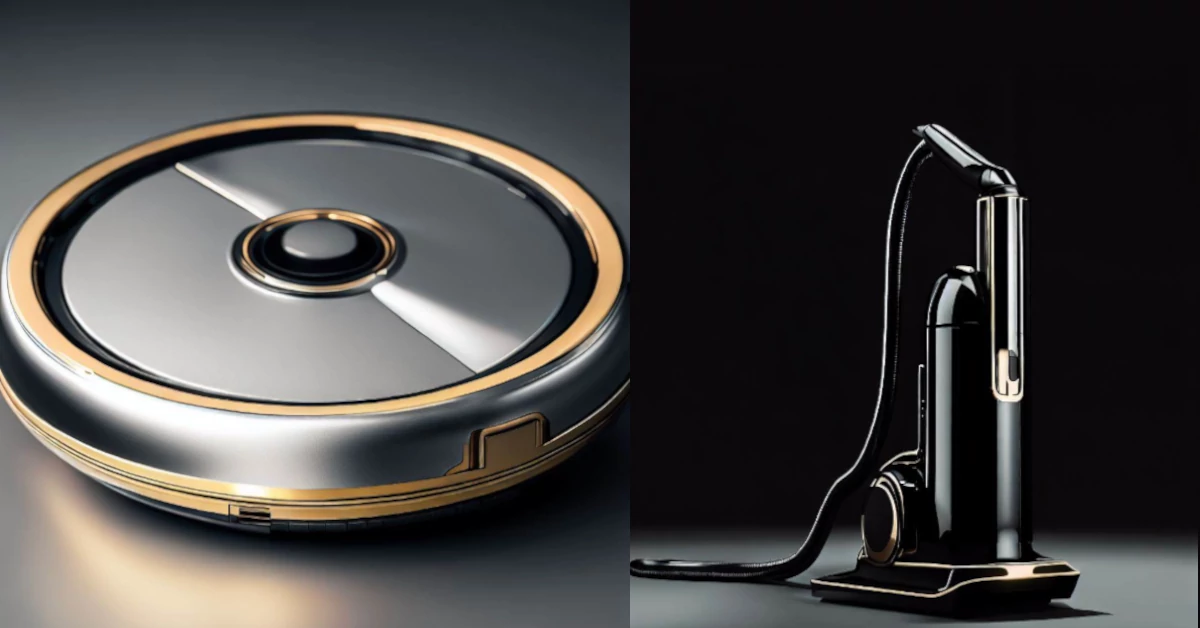Are you sick of having to cough and sneeze all the time while you vacuum? Do you feel like your vacuum cleaner is not doing enough to keep the air in your home clean and healthy? If so, you should think about getting a HEPA filter for your vacuum.
It will not only make the air in your home better, but it can also have a big effect on your health and well-being as a whole.
In this article, I’ll explore the benefits of HEPA filters, how they work, and why they are a must-have for any vacuum cleaner owner.
So, sit back, take it easy, and get ready to breathe easier with a HEPA filter.
HEPA Filters: Everything You Need to Know

HEPA Filters in Vacuum Cleaners: Benefits and Effectiveness
High-efficiency particulate air (HEPA) filters are an important part of vacuum cleaners and air purifiers that help people with allergies and asthma.
Here’s what you need to know about how HEPA filters work, how well they work, and how they can help people with asthma and allergies.
How HEPA Filters Work
- HEPA filters are pleated mechanical air filters that can remove at least 99.97% of airborne particles as small as 0.3 microns (µm) in diameter.
- Made from randomly arranged polypropylene or fiberglass fibers between 0.5 and 2.0 µm in size.
- Utilize three mechanisms: diffusion, interception, and impaction.
Benefits of HEPA Filters
- Capture a wide range of airborne particles, including dust, pollen, mold spores, bacteria, and viruses.
- Provide relief for people with allergies and asthma by removing allergens and bacteria.
- Can be used during remediation after water damage to eliminate mold spores, bacteria, and other microorganisms resulting from water intrusion.
HEPA Filters for Allergies and Asthma
- The Environmental Protection Agency (EPA) states that HEPA filters can remove up to 99.97% of dust, pollen, and other airborne particles with a size of 0.3 microns.
- Air filtration reduces airborne allergens and may provide some relief for people with allergies.
- Experts recommend using an air cleaner with a HEPA filter for a single room, ensuring that the filter has a clean air delivery rate (CADR) that matches the size of the room.
- Air purifiers with HEPA filters can reduce asthma symptoms by reducing particles in the air by around 25-50%. However, using an air purifier alone may not generally improve asthma measures; a combination of methods is recommended for better outcomes.
Tips for Using HEPA Filters and Air Purifiers
- Place air purifiers in multiple rooms if your allergy or asthma symptoms are severe.
- Choose an air purifier appropriate for the room size and ensure it has a suitable CADR for the room in question.
- The Asthma and Allergy Foundation of America recommends using certified asthmaand allergy-friendly filters, which remove almost 98% of allergens from the air.
Vacuum Cleaners with HEPA Filters
Benefits of HEPA Filters in Vacuum Cleaners
- Remove particles like pollen, pet dander, dust mites, and smoke with up to 99.97% efficiency
- Improve indoor air quality by removing small particles that normal vacuums might leave behind
- Particularly beneficial for individuals with asthma, allergies, or breathing problems
HEPA Filter Maintenance
- Recommended replacement frequency: every 6 months, depending on use and environment
- Check the condition of the filter regularly and replace it if it is heavily soiled or clogged
- Ensure proper maintenance by following the manufacturer’s guidelines for disposable, replaceable, or washable filters
Selecting a Vacuum Cleaner with a True HEPA Filter
- Look for the serial number and test results printed on the filter
- The test results at 0.3 microns should be 99.97% or above
- Beware of misleading terms like “HEPA-style,” “HEPA-like,” or “anti-allergen”
- Choose a vacuum cleaner with certified whole-machine HEPA filtration or filters tested and certified using the EN 1822 standard
The Importance of Filtration System in HEPA Filter Vacuum Cleaners
HEPA filter vacuum cleaners are known for their superior filtration system that captures even the tiniest particles, such as dust mites, pollen, and pet dander.
The filtration system is what makes HEPA filter vacuum cleaners stand out from other types of vacuum cleaners.
It ensures that the air released back into the room is clean and free from allergens and other harmful particles.
The filtration system in HEPA filter vacuum cleaners consists of multiple layers of filters that work together to trap particles of different sizes.
The first layer is usually a pre-filter that captures larger particles, followed by a HEPA filter that captures particles as small as 0.3 microns.
Some HEPA filter vacuum cleaners also have additional filters, such as activated carbon filters, that help to remove odors and other pollutants from the air.
The filtration system in HEPA filter vacuum cleaners is essential for people with allergies or respiratory problems, as it helps to improve indoor air quality and reduce the risk of health problems.
For more information:
Clean Air, Clean Home: Vacuum Filtration 101

HEPA Filters: Maintenance and Other Uses
Cleaning and Maintenance of HEPA Filters
- Permanent HEPA filters: gently cleaned with a vacuum cleaner
- Washable HEPA filters: rinsed in cold water and left to dry completely (around 24 hours)
- Avoid washing non-washable or non-permanent filters, as it will diminish their efficacy
- Replace dirty HEPA filters with visible debris buildup
- Pre-filters can be cleaned if present in the air system
Benefits and Limitations of HEPA Filters
- Effective at trapping dust, dander, and allergens
- Beneficial for individuals with severe allergies or living in contaminated environments
- Limited efficacy for particles smaller than 0.3 microns, such as viruses, some bacteria, and volatile organic compounds (VOCs)
- Proper sealing is essential to prevent contaminants from spreading through the house
HEPA Filters in Other Household Appliances
- Commonly found in air purifiers and HVAC systems
- Whole-house filtration systems use HEPA filters to improve air quality
- Portable air purifiers remove fine particles like smoke, pollen, and mold fragments from the air
Selecting and Maintaining True HEPA Filters
- Be aware that not all filters marketed as “HEPA” are true HEPA filters
- Robot vacuums may use high-efficiency filters that are too small for true HEPA filtration
- Always follow the manufacturer’s instructions when cleaning a HEPA filter
Conclusion

In conclusion, anyone who cares about clean air and a healthy home environment should buy a vacuum cleaner with a HEPA filter.
Not only do these filters catch harmful particles and allergens, but they also help your vacuum last longer because they keep the motor from getting clogged and broken.
But it is important to remember that a vacuum cleaner is only one way to fight pollution in the air inside.
A healthy home also needs to be dusted, cleaned, and ventilated on a regular basis.
So, a HEPA filter might be a big deal for your vacuum cleaner, but it is only one part of the puzzle.
As you look for a new vacuum, think about how it fits into your overall plan for improving the air quality in your home.
And do not forget that a clean house is a happy house.
Looking for a new robot vacuum?
Choosing a gadget can be very difficult if you know nothing about the technology.
Some will pay for features they do not need while others may not consider what they really want.
So I created this quick, newbie guide to help you focus on what is really important to you:
The best robot vacuum for you.
Related articles:
Suction Power & Air Purification: Vacuum 101
Suction Power: The Key to Dust-Free Cleaning
Maximize Indoor Air Quality: Vacuum Suction Power Explained
Vacuum Cleaners & Allergen Reduction: A Guide
Vacuum Filters 101: Efficiency, Types, & Maintenance
HEPA Tech: Clean Air, Strong Suction
Microscopic Particles & Vacuum Cleaners: A Beginner’s Guide
Pet Hair Removal: Maximizing Vacuum Suction Power

